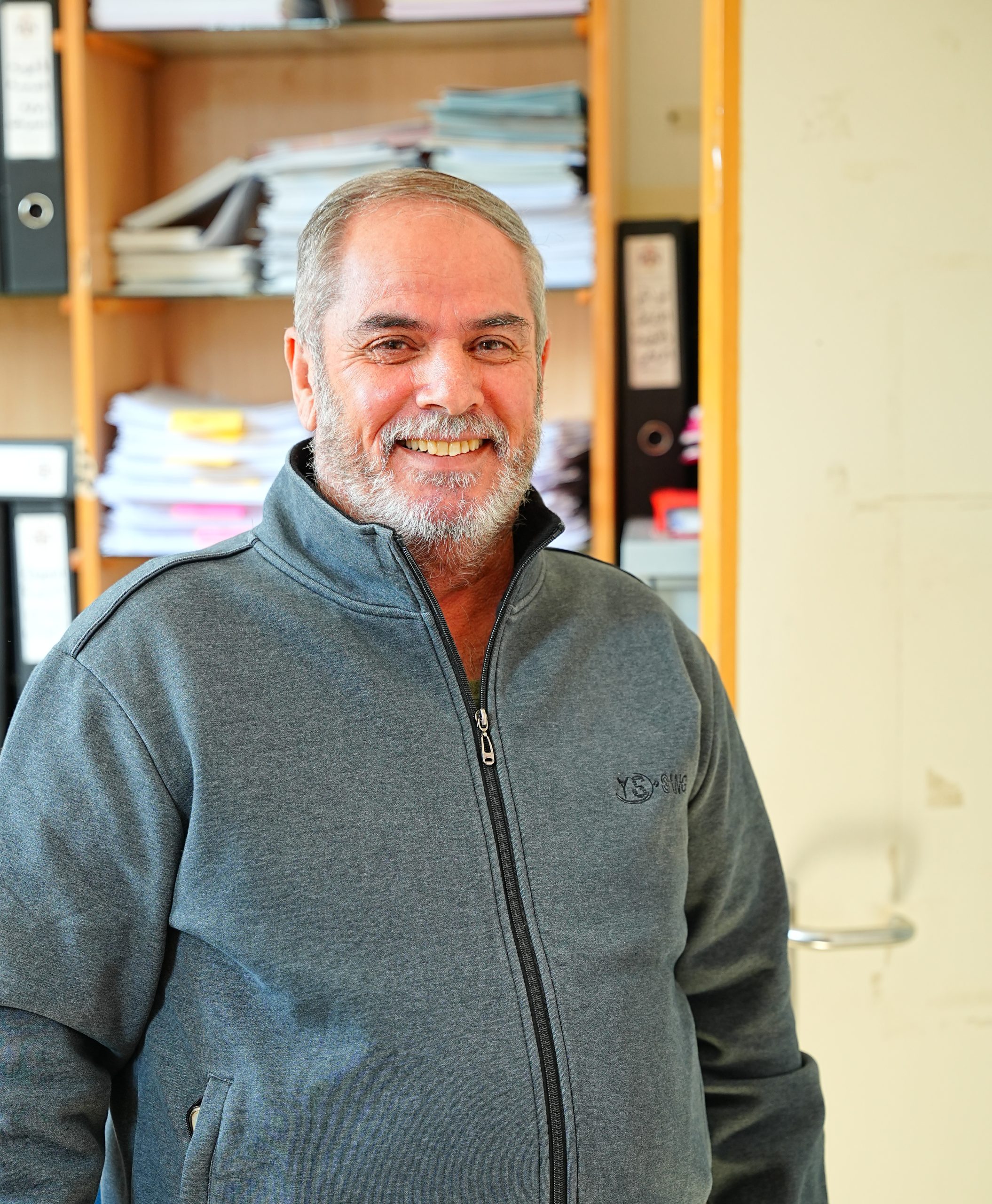I’ve been living with diabetes for ten years. My journey with this disease began unexpectedly—after undergoing heart surgery, where I had stents placed in my arteries. During my recovery, doctors discovered that I had diabetes. The news was shocking; I’d never experienced symptoms that made me suspect anything was wrong. But after my diagnosis, I started to connect the dots.
At first, I didn’t fully understand what diabetes meant or how it would affect my life. I assumed I could continue with my normal routine. The only change I made was cutting back on sweets and reducing starchy foods. Beyond that, I had little guidance on how to properly manage my condition.
Things changed when I started receiving care through the health care centre. The team there took the time to explain what diabetes really is and how to keep it under control. They taught me how to monitor my blood sugar levels, adjust my diet, and stay consistent with my medication. Before, I rarely checked my blood sugar—but now, I have a glucose monitor at home and track my levels frequently.
One of the biggest challenges was adapting to a new lifestyle. For years, I ate whatever I wanted. But after my diagnosis, I had to unlearn those habits. The health centre team guided me on what foods to avoid—excessive sugars, processed foods, and too many starches—and encouraged me to include more fresh vegetables and lean proteins in my meals.
Physical activity was another major adjustment. Because of my heart condition, I couldn’t engage in intense exercise, but I was encouraged to stay active in ways that were safe for me. Light walks became part of my daily routine, helping me maintain my health without overexerting myself.
With the continued care I receive, my condition is stable, and my HbA1c has improved. Managing diabetes is a lifelong journey, but with the right support, it’s one I can navigate with confidence. I’m grateful for the guidance and care that have allowed me to manage my health and live a balanced life.

